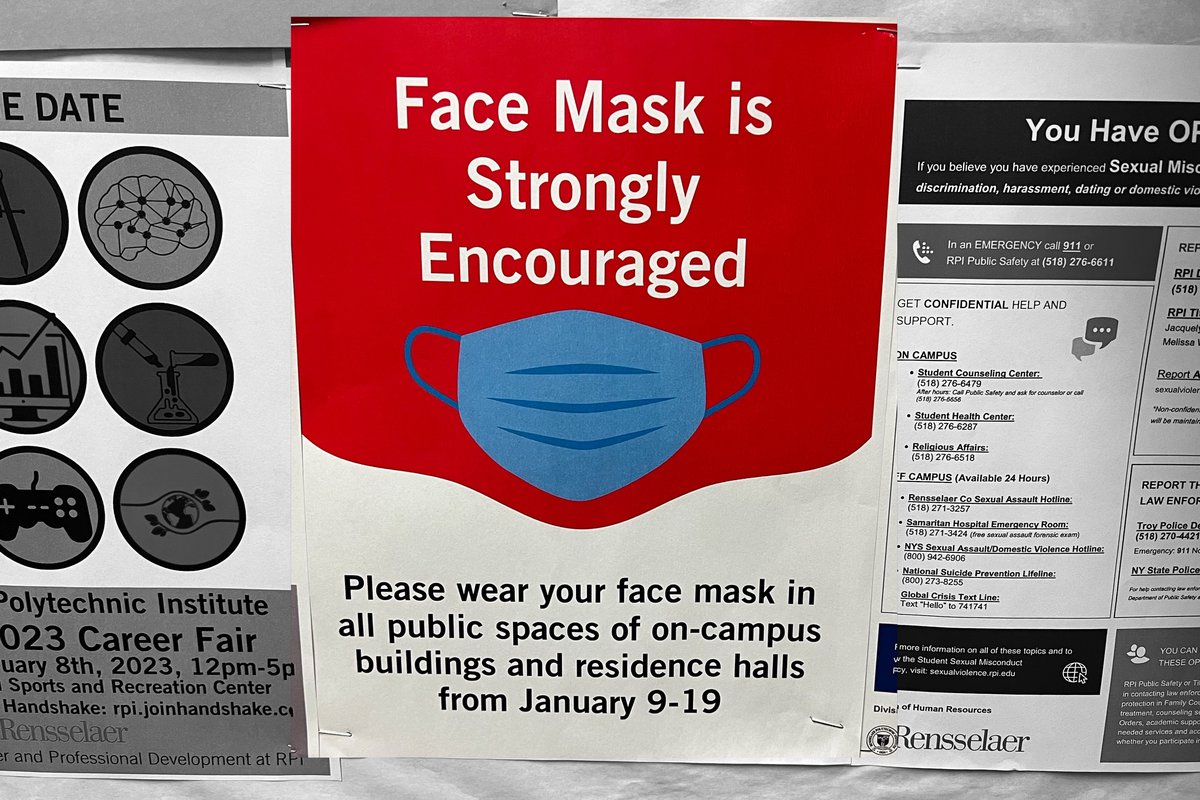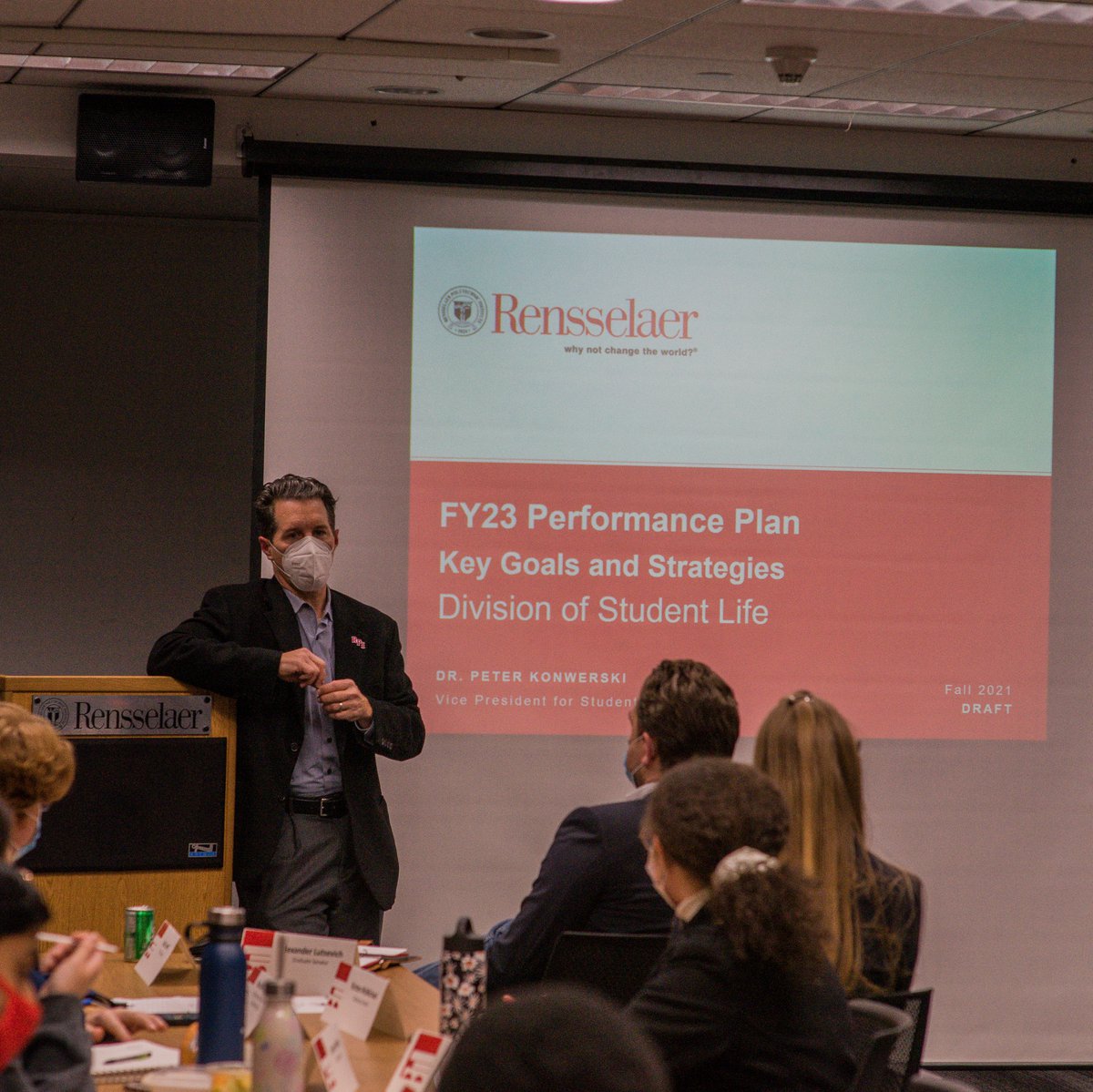The weakness of strongly encouraging

One of humankind’s greatest skills is the ability to communicate. With a plethora of complex languages, both spoken and written, humans have learned how to express detailed thoughts, commands, and emotions to each other. We thrive as groups, as civilizations, and as nations. We all understand the importance of proper communication; we learn about impactful speeches, value good listeners, and yearn to be heard.
This is why Martin A. Schmidt’s ’81 email “Updated COVID-19 Guidance” upset me. In the email, Schmidt “strongly encouraged” students to wear masks in classrooms with no mention of what happens if one doesn’t. Furthermore, it was never clearly said if “strongly encouraged” is the same thing as mandatory. This is not good communication; or at the very least, is indecisive. While one could argue the email never says one must wear masks, and therefore is clear in its statement, the email has a very insinuative tone. In other words, the email appears to be asking the reader to make a change. The email calls its content “guidance” and “measures,” coming across stern in its intentions, but no suggestion is a clear measure of what action to take next. I believe the email would have been much clearer if it simply added that wearing masks was not mandatory.
What makes this communication worse is that Resident Assistants prior to the email’s release believed that students would have to wear masks for the first ten days. After this email was sent, RAs were not confident on what the correct practice was. Not only was the email itself ambiguous, but a sudden shift in masking—or a simple lack of communication—caused the student body to be unsure of what to do. Moreover, there are posters in Colonie instructing students to wear masks. Even after the first week of the semester, some teachers require students to wear masks, while other packed auditoriums have no masks in sight. In short, the email failed to communicate if students had to wear masks, causing confusion within the student body.
I believe that the administration can do better than this, not only in diction in their emails, but also in communicating to RAs and residence halls. As students, we should be worrying about our classes and extracurriculars—not what our president meant in an email.

 GM Week 2022
GM Week 2022
 Student Activism
Student Activism
 Student Senate
Student Senate